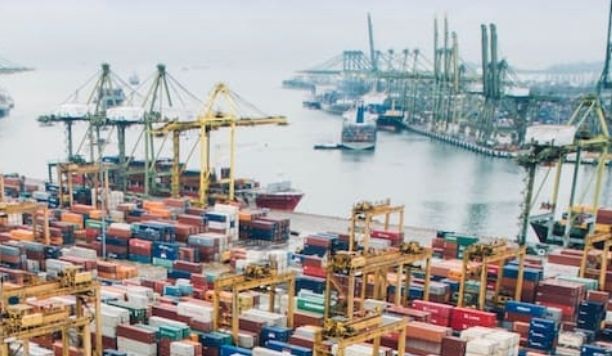What does Free Carrier (FCA) mean?
What Is Free Carrier (FCA)?
Free Carrier (FCA) is a crucial trade term outlining the obligations of a seller regarding the delivery of goods to a destination specified by the buyer. The term "free" in this context signifies that the seller is tasked with delivering the goods to a designated location for handover to a carrier. This destination could range from airports, shipping terminals, warehouses, to even the seller's own premises.
The seller incorporates transportation expenses into the pricing and assumes the risk of loss until the carrier officially receives the goods. At this juncture, the buyer takes over all responsibilities.

How Free Carrier (FCA) Operates
In economic trade involving the shipment of goods, buyers and sellers can utilize FCA shipping terms to delineate any transportation point, regardless of the number of transportation modes involved. However, it's essential to note that the point must be within the seller’s home country. The onus falls on the seller to securely transport the goods to this facility, utilizing any mode of transportation deemed suitable, be it trucking, rail, maritime, or air transport.
The liability for the merchandise transitions from the seller to the carrier or buyer at the moment the seller delivers the goods to the agreed-upon port or area. The seller's responsibility is solely limited to delivering the goods to the specified destination as part of the liability transfer. Unloading the goods isn't obligatory for the seller, although they may be responsible for ensuring the goods are cleared for export if the destination is their own premises.
Under FCA shipping terms, the buyer is relieved of export details and licenses, as this falls under the purview of the seller. However, the buyer must arrange for transportation. Upon the goods' arrival at the carrier and the title's transfer to the buyer, the goods are recognized as assets on the buyer's balance sheet.
What are the obligations for sellers and buyers in Free Carrier?
1. Seller's Obligations:
Delivery: The seller is responsible for delivering the goods, cleared for export, to the carrier nominated by the buyer at the named place or point.
Export Clearance: The seller must clear the goods for export.
Packaging: The seller is responsible for packaging the goods unless it is customary for the particular trade to transport the goods unpackaged.
Documentation: The seller must provide the necessary documents, such as the commercial invoice, packing list, and any other required documentation, to the buyer.
2. Buyer's Obligations:
Taking Delivery: The buyer is responsible for arranging the main carriage from the named place or point of delivery.
Import Clearance: The buyer is responsible for completing import customs clearance formalities and paying any applicable customs duties or taxes.
Unloading: The buyer is responsible for unloading the goods at the named place of delivery, unless otherwise agreed.
Risk: The risk of loss or damage to the goods transfers from the seller to the buyer once the goods have been delivered to the carrier at the named place or point.
FCA Incoterms
International transportation contracts often contain abbreviated trade terms, which detail shipment specifics such as delivery time and place, payment terms, risk transfer points, and the party responsible for freight and insurance costs. To streamline the delivery process, internationally recognized standards called Incoterms, published by the International Chamber of Commerce (ICC), are often utilized. FCA, or Free Carrier, is a quintessential example of such Incoterms, widely adopted to designate delivery terms in international trade transactions.
Example of FCA
To illustrate, under FCA shipping terms, the seller delivers the goods to the buyer's designated destination, whereupon the responsibility for the goods shifts to the buyer. The buyer then assumes the responsibility for loading the goods for further transport.
Distinguishing FCA from FOB and DDP
It's crucial to discern FCA from other shipment terms like FOB and DDP. FOB is specific to sea shipments and involves the seller's responsibility for loading goods onto a vessel. Conversely, FCA encompasses a broader range of transport modes, with loading onto the carrier falling under the buyer's purview. DDP, on the other hand, entails the seller bearing transportation costs and all associated risks until the buyer receives the goods, unlike FCA, where the buyer typically covers transportation expenses.
Payment and Responsibilities in FCA Shipping
In FCA shipping, the buyer often bears transportation costs since they nominate the carrier. Regarding export clearance, under FCA terms, the seller assumes responsibility for export duty, taxes, and customs clearance, while the buyer handles the importing process.
In conclusion, Free Carrier (FCA) plays a pivotal role in international trade, outlining clear responsibilities for sellers and buyers in the delivery of goods, thereby ensuring smooth and efficient transactions across borders.
Related articles

 WeChat of CBiBank
WeChat of CBiBank